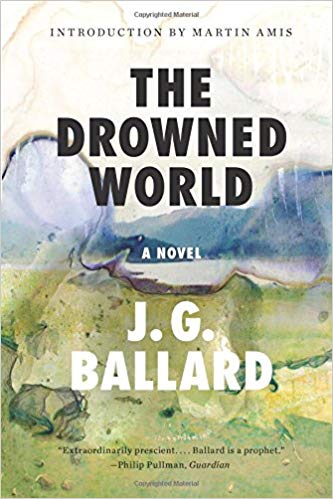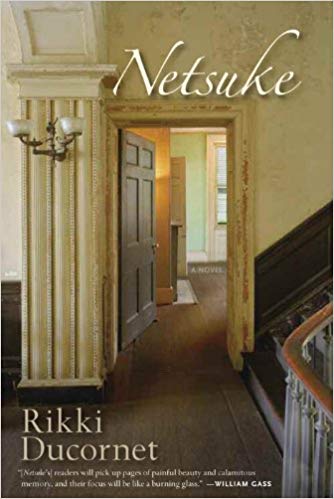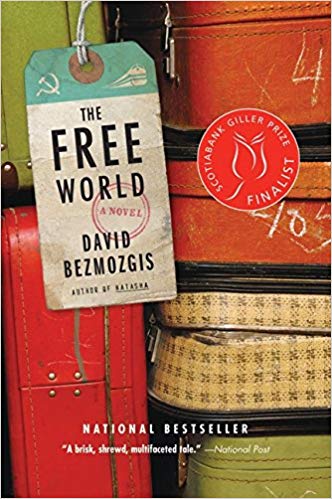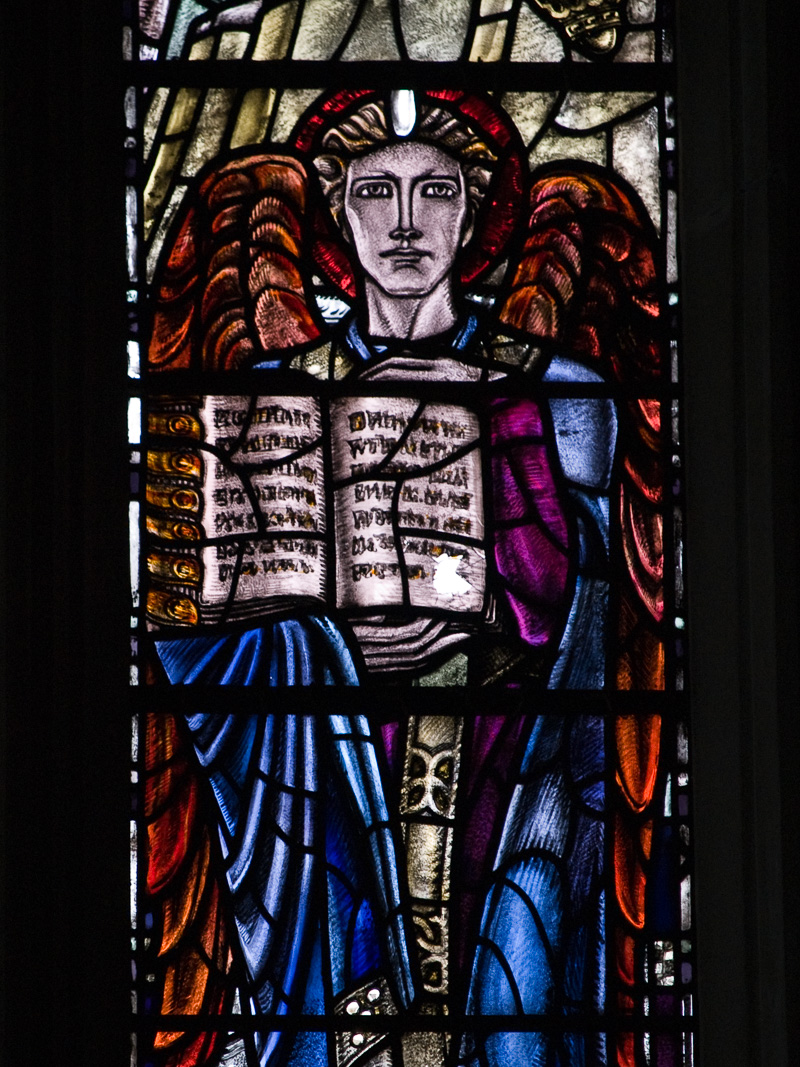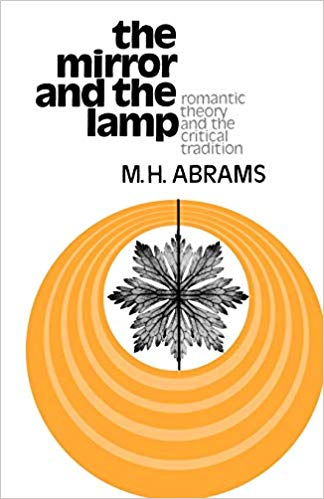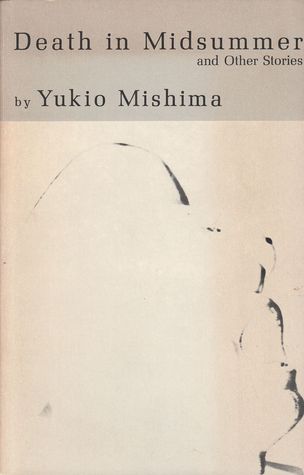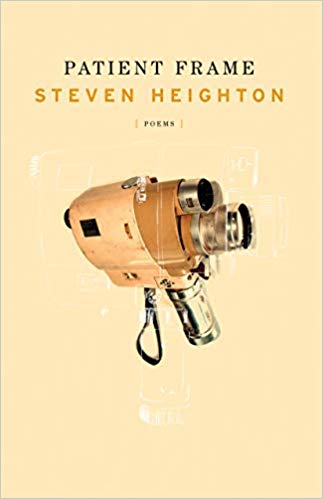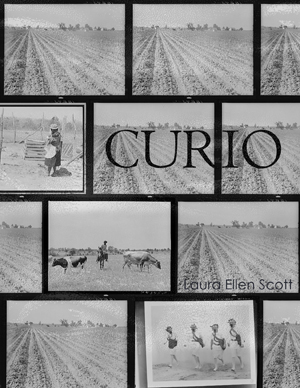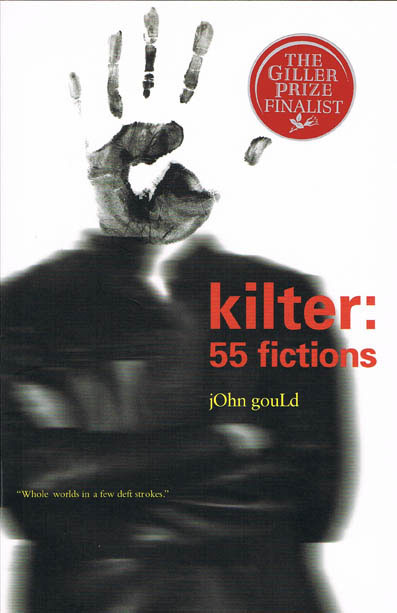According to the BBC news online, we now live in the Anthropocene period, which is a fancy way of saying humans have so altered the planet’s surface that we’ve left traces of ourselves in its permanent geological record.
Tag: Books
Netsuke, by Rikki Ducornet
Netsuke, by Rikki Ducornet – Coffee House Press. The psychoanalyst is not well. He could benefit from some of his own therapy, but lacks the insight to seek help. Perhaps we might best describe his difficulty thus: he confuses desire and obsession; what he takes for passionate feeling is something more mechanical and needless, like the hunger of a glutton.
How They Were Found by Matt Bell
If I were a seasoned and astute investor, maybe I’d regale you with tales of how, way back in 1977, I heard about a kid named Steve Jobs who was looking for a few private backers, how I cut a cheque for a couple thousand dollars, how the kid took his company public in 1980, and the rest – as they say—is money.
Favourite Book Blurbs from Japan
I shouldn’t do this. I shouldn’t laugh in public at someone else’s writing. Especially when I’m publishing some of my own work in a couple weeks. It’s courting disaster.
All My Cover Designers Are Superheroes
All My Friends Are Superheroes is a slender sentimental quasi-allegorical tale by Andrew Kaufman. However, the real superhero of this book is Ian McInnis, whose cheeky whimsical cover has probably done more to sell this book than all the other marketing efforts combined.
The Free World, by David Bezmozgis
If David Bezmozgis’s novel, The Free World, were a drink, it would be a scotch, not peaty or smoky, but smooth and well-aged. It would have none of the surprising roughness of Laphroaig, tending more to the clean finish of Highland Park. As a drink, it would be safe, conventional, respectable.
Publishing Is Religion
It isn’t exactly news to point out that publishing is in crisis. Now that digital text can be delivered in a format which offers a viable substitute for the physical book, there are fears that the publishing industry will experience an upheaval of biblical proportions.
The Mirror, The Lamp & The iPad
When I was feeling my way into the art of blogging, one of my first posts was a short piece on The Mirror and the Lamp, M.H. Abrams’ critical masterpiece on modern poetics. Although poetics may seem like an arcane subject, what gives Abrams’ book enduring relevance is that he’s really writing about something bigger. He’s writing about how we communicate or, even before that, how we think.
Reading Mishima in Light of Japan’s Tsunami
Sometimes, when I read, it feels as if the words were always already written inside me and the author has simply drawn them to my attention. That happens most often to me with poetry and large novels, rarely with short stories.
The Patient Frame, by Steven Heighton
Of all the things Heighton stares and stares at, the thing he fixes most intensely is the matter of justice. He wants to know why bad people sometimes thrive while the just are routinely crucified.
A New Novel About Organic Farmers and Psychotic Kids
I’ve committed an act of theft and, if I’m lucky, I’ll get away with it. I’ve stolen some lives and a piece of property and I’ve hawked them for a novel. My novel is called The Land and I plan to release it on May 7th or thereabouts. Here’s what I did: I took four people (my sister-in-law, her husband, and their two boys), I ran off with their organic farm, and tossed them all into a bag along with a few unruly ideas to spice things up.
Curio, by Laura Ellen Scott
Curio is an echapbook originally serialized at uncannyvalleypress.com, it is now available for kindle or in epub format. The cost is a tweet or post to your facebook wall (i.e. it’s free).
Sampling Joshua Cohen’s Witz
I’ve finished part III of Joshua Cohen’s Witz, no small feat given that I’m now more than 300 pages into an 800 page novel in which 1 page of Witz represents 2 pages of any other self-respecting novel. In other words, it’s a long book.
Things Fall Apart when white liberals read Chinua Achebe
Here I am, doing my well-intentioned liberal-white-guy best to discover other voices, and (adhering to my resolution to read at least one African author each month) I start with Chinua Achebe’s Things Fall Apart.
Gödel’s incompleteness theorem in John Gould’s Kilter
In John Gould’s kilter: 55 fictions, one of those fictions, called kaNsas, tells the story of how a grad student from an unnamed Mathematics department meets a grad student from a similarly unnamed English department.
